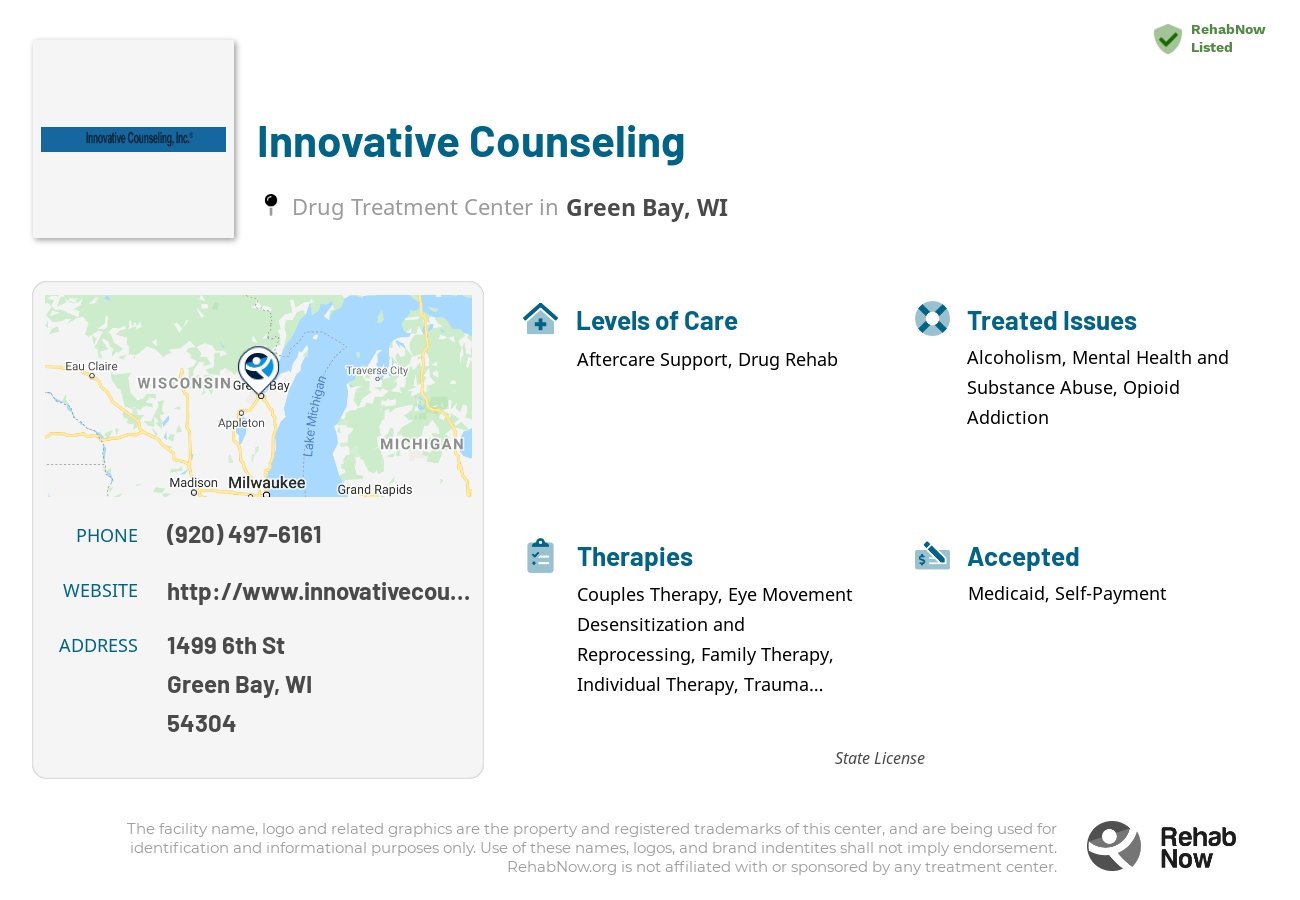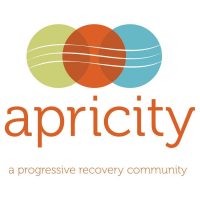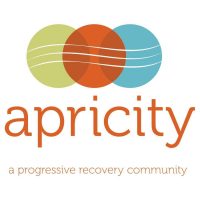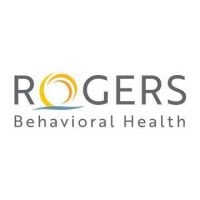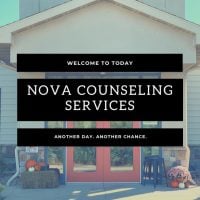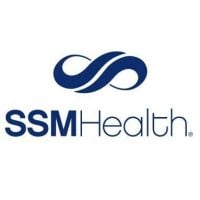Innovative Counseling
Drug Rehab Center in Green Bay, Wisconsin
Innovative Counseling, an accredited alcohol and drug rehab facility in Green Bay, WI, provides individualized treatment plans for those suffering from substance abuse, mental health disorders, or dual diagnosis struggles; offering comprehensive care from detoxification to aftercare support and relapse prevention planning.
About Innovative Counseling in Wisconsin
Innovative Counseling is an addiction treatment facility located in Green Bay, Wisconsin. Established in 2001, it specializes in providing comprehensive and compassionate care for individuals facing alcoholism, dual diagnosis, opioid addiction, drug addiction, substance abuse, and mental health disorders. The facility offers a range of services to support individuals on their recovery journey, including aftercare support and various levels of drug rehab. Innovative Counseling is accredited by the State License, ensuring that it meets the required standards of care and treatment for its patients.
Innovative Counseling provides a wide range of services to address addiction and substance abuse in the Green Bay area. They offer personalized treatment plans tailored to each individual's unique needs, focusing on evidence-based approaches to enhance recovery outcomes. The facility's services encompass aftercare support, ensuring patients receive ongoing assistance and guidance even after completing their initial treatment. Additionally, Innovative Counseling offers different levels of drug rehab, allowing for flexible options that match the severity and specific needs of each person seeking help. With their state license accreditation, individuals can trust that the dedicated team at Innovative Counseling is committed to providing high-quality and effective addiction treatment services.
Genders
Ages
Modality
Additional
Accreditations
State License
Conditions and Issues Treated
It’s not easy getting sober on one’s own, or even going to rehab and escaping the grasp of addiction by oneself. Substance abuse treatment gives addicts a place to stay sober while learning what it takes to quit for good. They will learn from others about what works and what doesn’t work with remaining drug-free.
Treatment centers such as Innovative Counseling focus on the needs of individual addicts to heal them. There is a combination of physical and mental therapies that treat the root cause of the addiction, whether it be family problems, stress, or past traumatic events.
The final benefit of substance abuse treatment is introducing new people who can help in your recovery after you leave Innovative Counseling. Through group therapy sessions with other addicts and attending support meetings once a day, a person will learn how to interact with others and cope with cravings. This is a chance for you to rebuild your social circle healthily after you leave treatment.
Opioid addiction starts when a person becomes addicted to legal or illegal opioids. The addiction can happen quickly, in just a matter of days. Opioid withdrawal can be extremely uncomfortable and lead the user to continue to use even if they want to quit. Stopping using an opioid requires medical observation. Sometimes inpatient treatment with a medically supervised detox is necessary for managing the withdrawal process while learning lasting tools for maintaining recovery. Medications may be used in some cases of opioid addiction.
Opioid addiction is one of Wisconsin‘s most prominent forms of addiction. It’s treated by detoxifying the body so that the chemicals from the medications no longer impact them and by therapies to correct behavior and target the root of the problem.
Levels of Care Offered
This center offers a variety of custom treatment tailored to individual recovery. Currently available are Aftercare Support, Drug Rehab, with additional therapies available as listed below.
Aftercare support should take place after outpatient treatment has ended. There are a few different types of aftercare support that patients can seek. These include 12 Step, Self-help groups (AA, NA), Therapeutic communities, Long-term, structured sober living arrangements, and Halfway houses (residential treatment centers).
Therapies & Programs
Individual therapy involves one-on-one sessions between the patient and therapist. It provides patients with a safe environment to openly discuss personal and sensitive issues with the therapist. They find the therapist as someone they can trust. Individual therapy aims to identify the core issues that would have led the patient to substance abuse and address them effectively. The therapist can develop patient-specific customized solutions through individual therapy, which aids speedier recovery.
Couples therapy works with clients and significant others in a professional capacity to improve relationship dynamics. This can be helpful for addicts who are trying to marry the idea of recovery into their work, family, social lives – any aspect that has to do with relationships.
Through counseling sessions, addicts will have an opportunity to talk about their addiction with professional partners. These partners can offer feedback and advice on how to get sober while keeping healthy relationships intact. A good couples therapist will help addicts understand their part in an unhealthy relationship dynamic or find ways to deal with anger or resentment from significant others outside of the home.
Family therapy is a group problem-solving that aims to improve communication and relationships between the addict, their family, and sometimes friends. The main goal of family therapy for drug addiction is to create an environment where communication can occur without judgment, hostility, or blame. The therapist is with the family as they learn to communicate differently, especially with the addict when s/he is using. The family can learn to reduce their enabling behavior or rally together and support each other during tough times.
An addict’s family can play a vital part in helping them to avoid relapse because they can spot the warning signs and help them get back on track before it becomes too much of a problem. Family therapy is one of the most effective ways to help addicts stay on the path to long-term sobriety. When a drug addict decides that they want to try and get sober, it takes the support of every person they love to succeed. It can be incredibly difficult for loved ones to watch an addict go through the pain and suffering of withdrawal, but by being there with them and supporting them, they can help to make sure that the addiction never returns.
In general, trauma therapy is a clinical process that helps individuals deal with mental stress often caused by traumatic events. The therapist helps the person identify, understand, and work through the problem. This is done with the help of talking about it in group or one-on-one counseling sessions. Therapists use relaxation, role-playing, art, and music to help the person open up about what is bothering them.
There are many different types of trauma therapists, such as psychiatric nurses and counselors. Not everyone is a good candidate for this type of therapy; it is generally reserved for people who have recently experienced a traumatic event and struggle to get over it. It is often done for children, teenage victims of sexual assault, and war veterans.
There is hope for people who are addicted to drugs and alcohol. Cognitive Behavioral Therapy (CBT) is the solution. CBT focuses on the underlying thoughts and behaviors that caused the addiction problem in the first place and may cause a relapse. This type of psychotherapy addresses negative feelings common in substance abuse disorders. It helps to change them by restructuring thought patterns. It’s about removing negative thoughts and providing long-term benefits while promoting self-awareness, self-control, and healthy ways to respond to negative thoughts. These sessions can be done by themselves or as part of combination therapy.
Eye Movement Desensitization and Reprocessing (EMDR) is a treatment method that can help reduce the impact of traumatic memories on emotions. It does this by having patients follow a bar of light or watch their therapist’s finger move back and forth, which mimics the eye movements of REM sleep.
This allows the brain to reprocess the memories, reducing their impact. EMDR therapy is different from traditional therapies in that it addresses the root cause of substance abuse in many patients. This is done by combining EMDR therapy with behavioral therapies. This treatment option offered by Innovative Counseling can help patients who turn to drugs to escape painful memories.
Payment Options Accepted
For specific insurance or payment methods please contact us.
Additional Details
Specifics, location, and helpful extra information.
Green Bay, Wisconsin 54304 Phone Number(920) 497-6161 Meta DetailsUpdated November 25, 2023
Staff Verified
Innovative Counseling Patient Reviews
There are no reviews yet. Be the first one to write one.
Green Bay, Wisconsin Addiction Information
Wisconsin has some of the highest rates in the United States for both adolescent and adult substance abuse. Since 2009, the state has been experiencing the same escalating rates of drug abuse and addiction as the rest of the country. The major concerns are the misuse of prescription painkillers and the escalating number of deaths due to alcohol-related liver disease.
8.6% of adults in Green Bay reported using an illicit drug within the past month. Commonly abused drugs being abused are heroin, methamphetamine, cocaine, and prescription opioids. 1 in 8 residents needs but does not receive treatment for drug abuse. 44% of drug users abuse more than one substance. There are a variety of treatment options available in Green Bay. These include inpatient and outpatient treatment, as well as detoxification and rehabilitation.
Treatment in Nearby Cities
- Dousman, WI (105.7 mi.)
- La Crosse, WI (166.9 mi.)
- Beaver Dam, WI (83.0 mi.)
- Columbus, WI (94.6 mi.)
- Sun Prairie, WI (109.0 mi.)
Centers near Innovative Counseling
The facility name, logo and brand are the property and registered trademarks of Innovative Counseling, and are being used for identification and informational purposes only. Use of these names, logos and brands shall not imply endorsement. RehabNow.org is not affiliated with or sponsored by Innovative Counseling.



